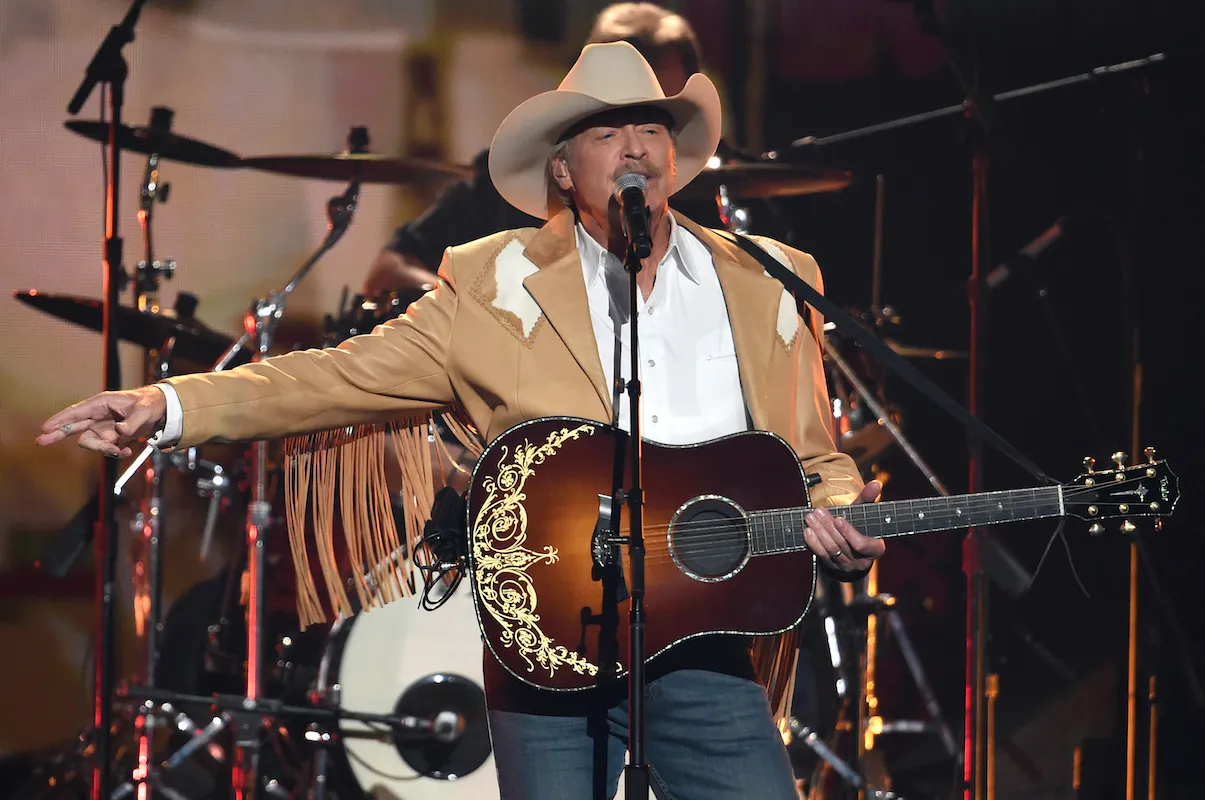
A Joyous Ode to Youthful Recklessness and the River That Carried It All Away
When Alan Jackson released “Chattahoochee” in May 1993 as the third single from his chart-topping album A Lot About Livin’ (And a Little ’bout Love), it didn’t just climb to No. 1 on the Billboard Hot Country Singles & Tracks chart—it cannonballed into the heart of American country culture with a splash that still ripples through summer playlists and back-road anthems. Co-written by Jackson and Jim McBride, the song became an instant classic, a sun-drenched, denim-clad testament to the impulsive, exuberant spirit of youth lived along the muddy banks of Georgia’s most famous river.
But “Chattahoochee” is more than a catchy memory of hot nights and cool water. It is a meticulously crafted piece of musical storytelling that captures a specific slice of Americana with lyrical precision and sonic warmth. The Chattahoochee River—winding its way from the Blue Ridge Mountains down through Georgia—serves not only as the song’s setting but as its emotional conduit, channeling those rites of passage that define adolescence in the rural South: first loves, first beers, and first brushes with consequences that come too late for regret but just in time for wisdom.
Musically, the track is buoyed by a playful fiddle line and a driving rhythm section that mirrors the current of the river itself—steady, urgent, unrelenting. Jackson’s vocal delivery is relaxed yet purposeful; his Georgia drawl lends authenticity to every word. There’s no need for embellishment here—the nostalgia runs deep in each phrase, evoking not only personal memories but shared cultural ones. Lines like “We fogged up the windows in my old Chevy / I was willing but she wasn’t ready” speak to universal experiences of youthful longing and romantic misalignment, all delivered with a wink rather than a lament.
The genius of “Chattahoochee” lies in its balance between carefree storytelling and mature reflection. Jackson doesn’t just celebrate teenage folly; he honors it as an essential chapter in becoming. The chorus—“Way down yonder on the Chattahoochee / It gets hotter than a hoochie coochie”—is more than just country kitsch; it’s a lyrical time machine back to endless summers where recklessness was currency and tomorrow was someone else’s problem.
Though some critics at the time dismissed it as lightweight fare compared to Jackson’s more somber ballads, its enduring popularity tells another story. “Chattahoochee” won both the CMA and ACM Awards for Single of the Year in 1993—not simply because it was fun, but because it was honest. It encapsulated a moment, not just for Jackson himself but for an entire generation who grew up beside rivers, under stars, with radios blaring through open truck windows.
In remembering “Chattahoochee,” we remember ourselves at our most uninhibited—when life stretched out like that wide Southern river, unknowable around every bend but forever inviting us to jump in.